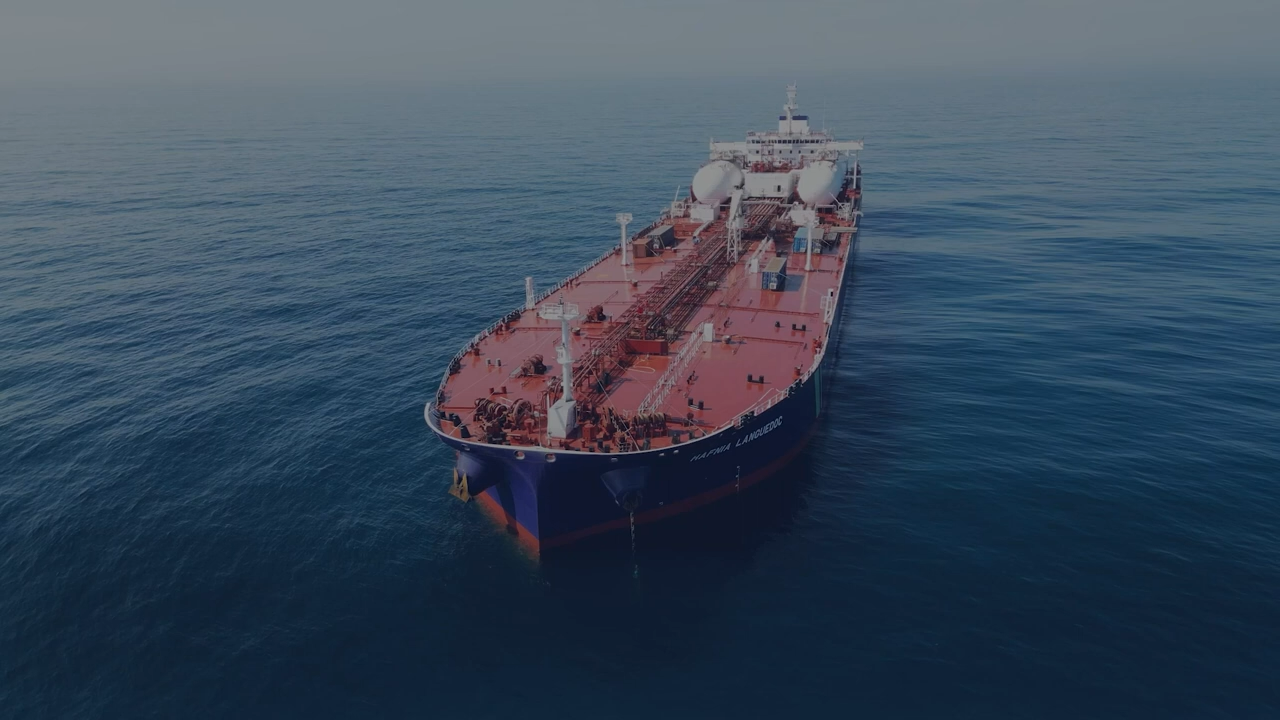Case study: USD89.6 million sustainability-linked loan for LNG dual-fuelled vessels



As the maritime industry seeks to reduce carbon emissions, an increasing number of shipowners, lessors and operators are opting for LNG dual-fuelled vessels that are lower in emissions compared with traditional bunker fuel fleets.
In support of this, Vista Shipping, a JV between Hafnia and CSSC Shipping Hong Kong, ordered its’ first pair of LNG dual-fuelled vessels with delivery expected in 2023. Upon delivery, the vessels will be chartered to CSSA Chartering & Shipping Services for seven years, supporting both Hafnia and CSSC with their decarbonisation ambitions.
To finance the vessels, Standard Chartered was appointed to lead a USD89.6 million sustainability-linked loan.
Standard Chartered acted as the Facility Coordinator, Sole Sustainability Co-ordinator, Mandated Lead Arranger and Facility and Security Agent for the transaction. In addition, we helped Vista Shipping secure a Second Party Opinion on this loan from DNV GL, with DNV confirming that the key performance indicators and Sustainability Performance Targets are material and in line with the client’s sustainability ambitions.
The financing sets out ambitious targets on annual efficiency ratio and sulphur oxide emissions, over a 10-year tenure, and has a bi-directional margin ratchet mechanism to incentivise performance against these targets. It also includes a mechanism that allows either partner to step in for the other in the event of non-performance. Furthermore, the deal terms state that the delivered vessels must adhere to Hafnia’s Environmental Management System (“EMS”). This seeks to minimise adverse environmental effects, and ensures that contractors follow clear EMS requirements around measurement and monitoring of environmental effects.
The transaction sets a precedent for future dual-fuel financing for the shipping industry in support of decarbonisation strategies.

Discover credit opportunities in the world’s hardest-to-reach markets with us.

Turning expertise into actionable insights. Explore our views on what to watch out for.